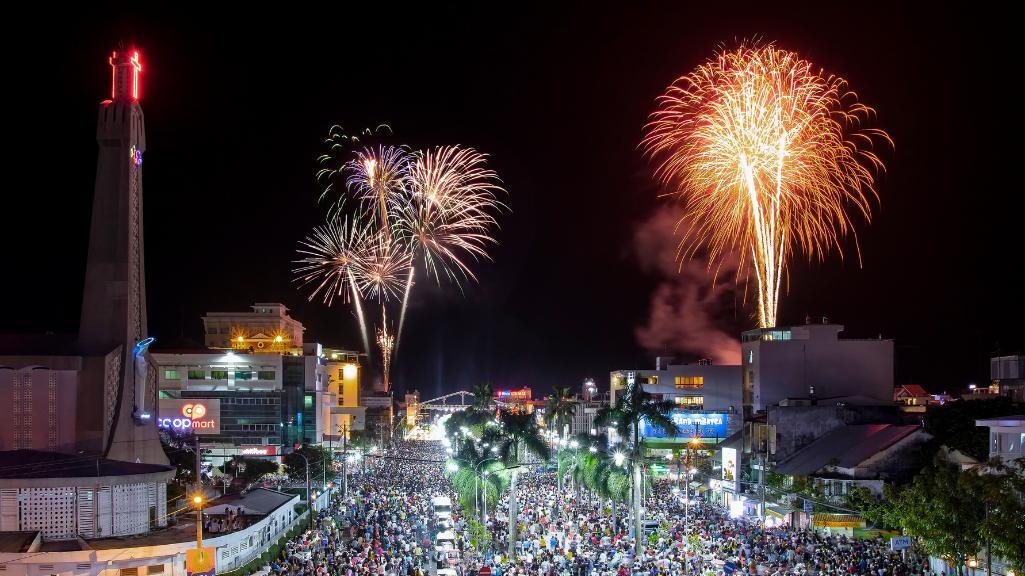The Cultural Significance of Festivals and Celebrations Around the World
Ronit Agarwal
. 2 min read
Festivals and celebrations have long been an integral part of human civilization, serving as vibrant expressions of culture, tradition, and shared identity. These joyous occasions bring communities together, fostering a sense of unity and belonging. In the modern age, technology has further amplified the experience of celebrations, with video chat and virtual gatherings enabling people from across the world to participate in festivities together. This article delves into the cultural significance of festivals and celebrations around the world, exploring the diverse customs, rituals, and historical roots that make these events an essential thread in the tapestry of global heritage.

Cultural Significance of Festivals and Celebrations Around the World
Preserving Cultural Heritage:
Festivals and celebrations play a crucial role in preserving cultural heritage. They serve as living representations of a community's values, beliefs, and customs, handed down from generation to generation. Through the reenactment of age-old traditions, these events keep cultural identities alive, ensuring that the knowledge and practices of the past continue to resonate with present-day communities.
Strengthening Social Bonds:
In a fast-paced and interconnected world, festivals provide a rare opportunity for people to come together and strengthen social bonds. Whether it's a religious gathering, a national holiday, or a regional cultural festival, these occasions foster a sense of unity and camaraderie. They offer a chance for family, friends, and even strangers to connect, celebrate, and share in the joyous spirit of the festivities.
Marking Milestones and Seasons:
Festivals often mark significant milestones and seasonal changes, anchoring communities to the rhythms of nature and life's cycles. From harvest festivals celebrating agricultural abundance to religious ceremonies commemorating important events, these occasions connect people to the passing of time and the cyclical nature of existence.
Promoting Intercultural Understanding:
In a world characterized by diverse cultures and global interconnectedness, festivals serve as gateways to intercultural understanding. Attending or participating in festivals from different cultures provides a unique opportunity to learn about other traditions, values, and ways of life. This fosters respect, appreciation, and tolerance for cultural diversity, promoting a harmonious coexistence among communities.
Stimulating Local Economies:
Festivals and celebrations often have a significant economic impact on the regions where they take place. They attract tourists and visitors, stimulating local economies through increased spending on accommodation, food, crafts, and other goods and services. Moreover, festivals can act as platforms for artisans and entrepreneurs to showcase their talents and products, contributing to the sustenance of traditional crafts and local businesses.
Conclusion
Festivals and celebrations are more than just moments of revelry; they are the beating heart of cultural heritage and human connection. As diverse as the people who celebrate them, these events serve as windows into the soul of communities worldwide. By preserving cultural legacies, fostering social cohesion, and promoting intercultural understanding, festivals play an indispensable role in building a more inclusive and culturally rich global society. As we continue to embrace and honor our collective heritage, festivals will remain a cherished cornerstone of human celebration and unity for generations to come.
.jpg)
.jpg)